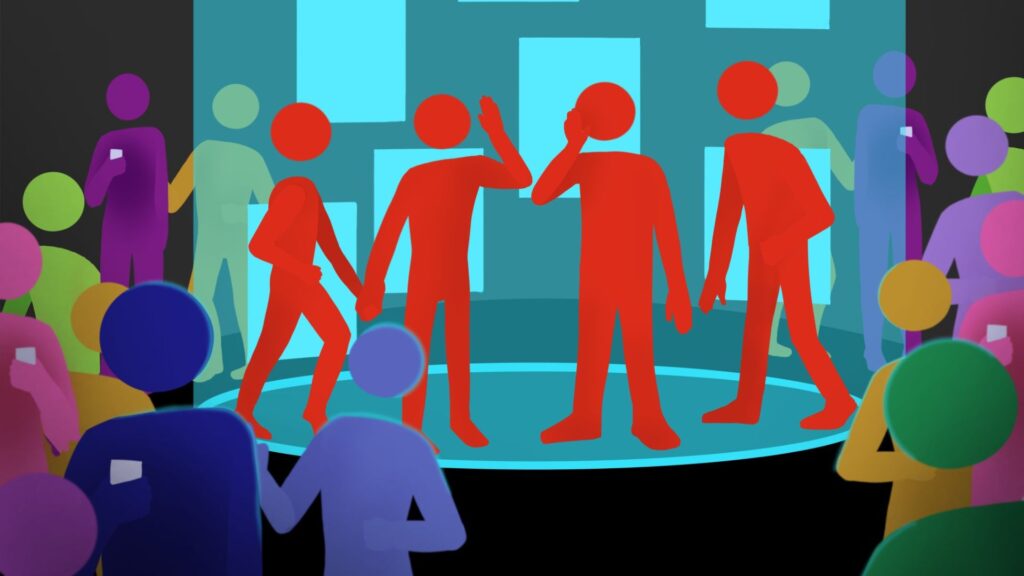The Dangers Of Echo Chambers
As weird as it sounds, immersing yourself in a space where people agree with you can be dangerous.
I am referring to echo chambers—online environments where users connect with people who share similar beliefs. These include spaces such as television stations, social media platforms, news outlets and even conspiracy networks.
X, formerly known as Twitter, is home to several echo chambers, serving as a platform to vent about politics, entertainment, sports and more.
On the surface, echo chambers don’t sound terrible; they sound ideal for finding people you relate to.
Only four percent of people engage in echo chambers, according to a WIRED article, The Small but Mighty Danger of Echochamber Extremism, by journalist Thor Benson.
However, these opinionated forums have developed into intellectual threats because they exploit people’s perception of truth.
Benson writes, “[People] may become more entrenched in their beliefs, whether or not their beliefs reflect the real world. They may also become easier to manipulate and more extreme.”
Echo chambers isolate and manipulate people by consistently presenting information that reflects their opinions. They make people bold, convinced that whatever they see is right even if it’s false.
That can lead to confirmation bias, a phenomenon in which people’s beliefs are reaffirmed by presented evidence.
If people are constantly fed information that never challenges their preexisting notions, they’re likely to ignore opposing points of views because they believe their narrative is the only correct one.
The more people get sucked into these spaces, the harder it becomes to access information that doesn’t cater to their interests.
Algorithms are a root cause of echo chambers because they selectively hide unwanted intelligence.
Eli Pariser, the CEO of Upworthy, a left-leaning storytelling website geared toward spreading positive messages, discussed the purpose of algorithms in an NPR interview.
“What most algorithms are trying to do is to increase engagement, increase the amount of attention you’re spending on that platform,” Pariser said. “And while it’s nice that we have an instrument to help us cope with the fire hose of information supplied by the Internet, that algorithm also carries some downsides.”
The best way to avoid being sucked into echo chambers is by practicing media literacy.
That means being cautious about where you get your information and what you read or watch, fact-checking information and exposing yourself to different perspectives.
Remember, just because you don’t agree with a topic or idea doesn’t mean it should be completely ignored.
Have basic respect and patience when interacting with others.
Nothing says angry Twitter users like a red-faced emoji and doxing.

